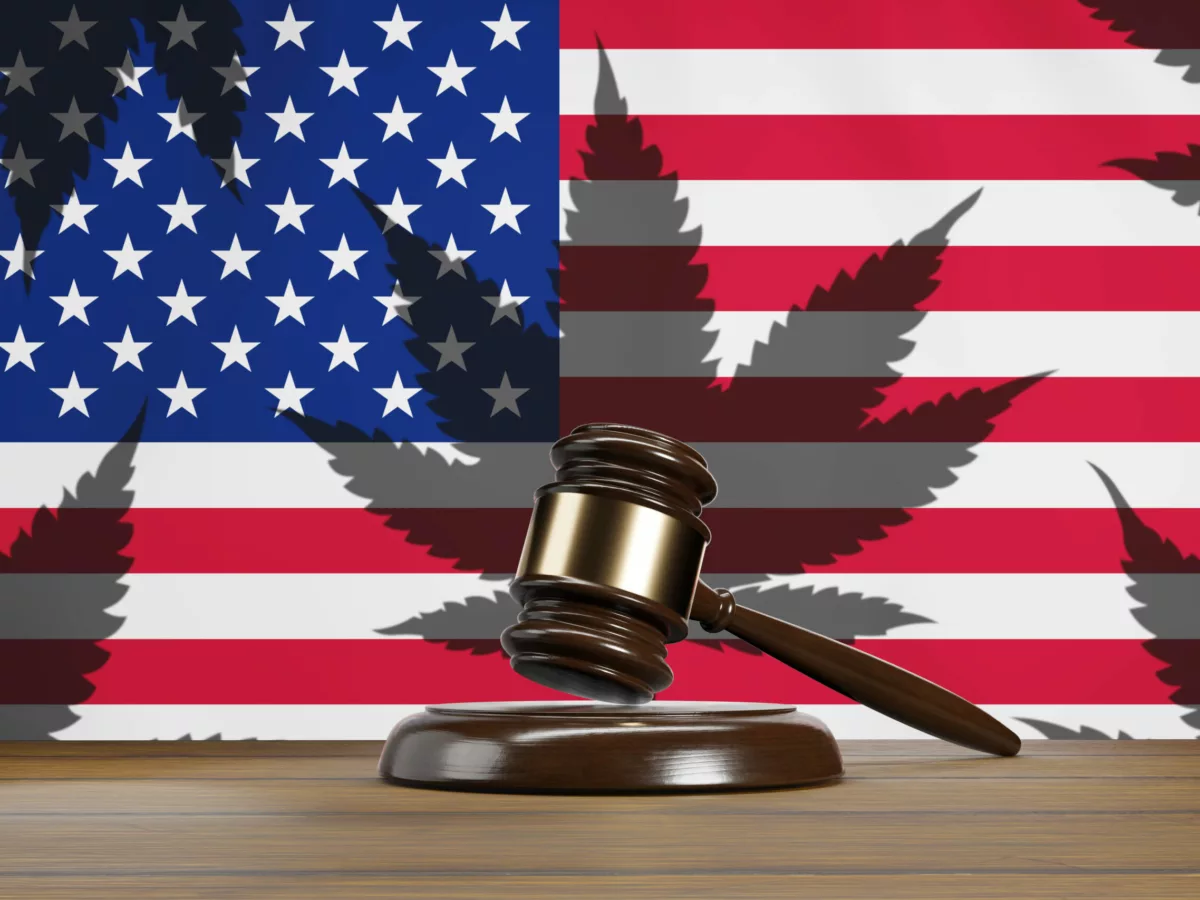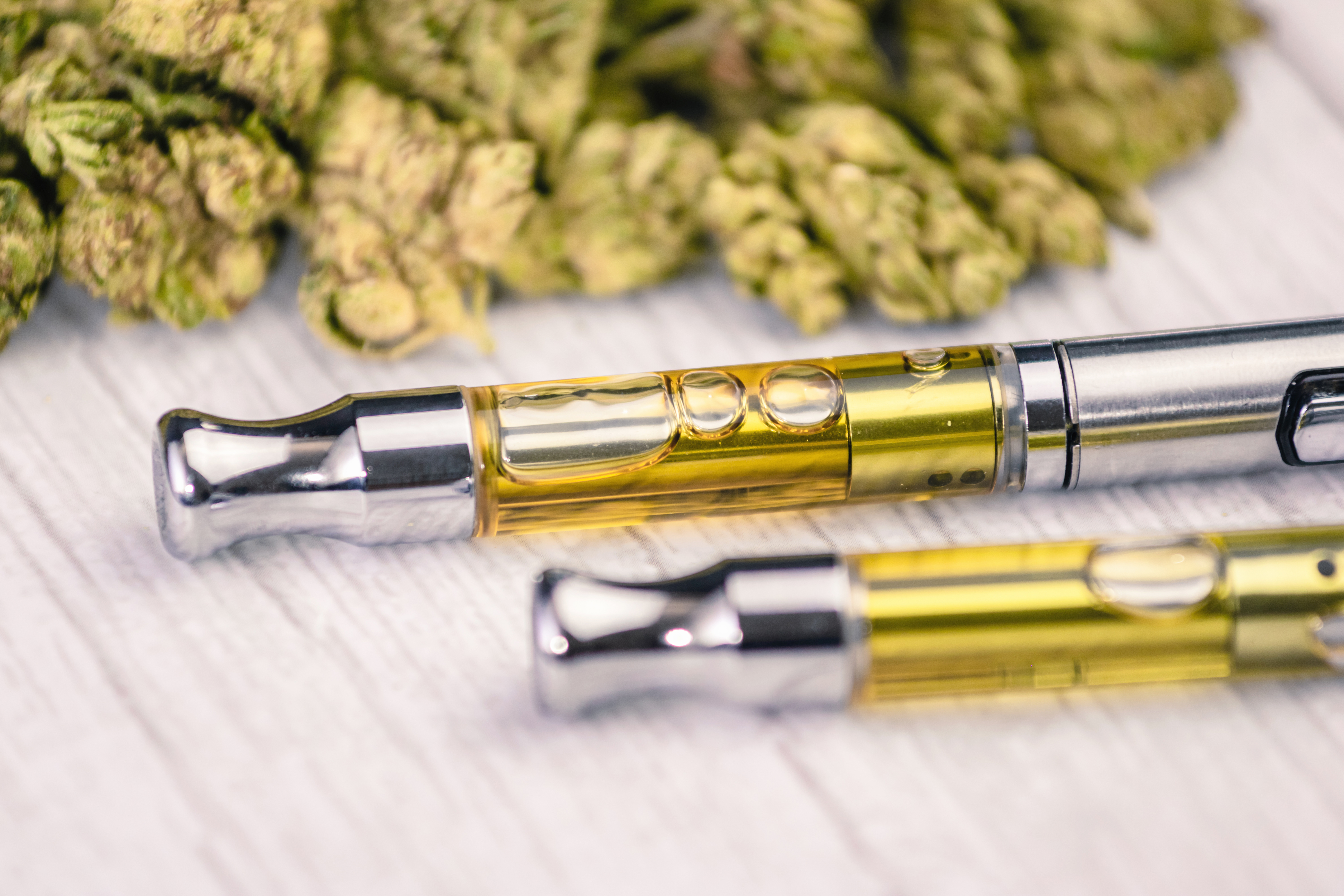Federal authorities are warning a new drug as potent as fentanyl — a synthetic opioid partly responsible for a nationwide surge in fatal overdoses — is now circulating in the D.C. region.
Per a Wednesday report by FOX 5, the U.S. Drug Enforcement Administration (DEA) says it discovered isotonitazene — known as “Iso” or “Toni” for short — in powder form in the District, though it can also be pressed into counterfeit pills.
Like fentanyl, the drug is a highly addictive synthetic opioid that produces a euphoric, relaxed high and is up to 500 times more potent than morphine. It first started appearing on America’s illegal drug market in 2019 and was linked to at least 49 U.S. deaths as of August 2020, according to a DEA report.
Some addiction specialists estimate isotonitazene is now responsible for around 40 to 50 overdose deaths each month, and could become the next big opioid on the illicit market. The drug was originally created as a pain relief drug by a Swiss pharmaceutical company in the late 1950s, but never received approval for medical use of any kind. People who overdose on the substance, which is a nondescript off-white color, often don’t know what they’re ingesting because it can only be accurately identified in a lab.
“The main message is that people have to keep in mind that with all the synthetic drugs out there and the way they’re being mixed together, they never know what they’re buying, so they have to be cautious in terms of how they’re ingesting drugs,” Maura Gaffney, a DEA analyst, told FOX 5.
On December 6, 2021, DEA officially listed isotonitazene as a Schedule I substance —the most strictly controlled category of drugs that includes cocaine, heroine and cannabis. (That weed, a substance that is nearly impossible to die from, is on the same schedule as deadly opioids still baffles The Outlaw Report.)
“[T]he use of isotonitazene presents a high risk of abuse and has negatively affected users and communities,” said the DEA rule.
Sen. Tom Cotton, a Republican from Arkansas, introduced a bill to outlaw isotonitazene in 2020, before DEA classified the drug as a Schedule I. But the measure never received a vote.
“Isotonitazene is harder to pronounce than fentanyl, but it is equally deadly—it’ll kill you in a heartbeat—and it also comes from China,” Cotton said in a speech on the Senate floor.
According to a report from Vice, isotonitazene is manufactured by chemists in China, where the drug remains legal to export, making it harder for authorities to control its flow across international borders.
In 2020, the World Health Organization (WHO) recommended placing the drug under international control, citing its role in a “high number of opioid overdose deaths.” So far, the deadly drug has been found in Canada, Estonia, Latvia, Germany and Sweden.
The emergence of “iso” on D.C.’s illegal drug market comes as a recent surge in fatal opioid overdoses has left District authorities scrambling for solutions. Last month, ten people died in Northeast D.C. after overdosing on a deadly batch of fentanyl. It was the second mass casualty event tied to fentanyl in D.C. this year.
The District’s wave of fentanyl deaths has prompted advocates to renew calls for decriminalizing drug use and implementing policies that allow people suffering from addiction to consume them safely. However, there seems to be little appetite for decriminalization in D.C.’s political sphere. In a recent debate on WAMU, candidates for D.C. mayor wouldn’t explicitly say whether they’d support decriminalizing small amounts of drugs as a way to encourage people to seek treatment for addiction.
Nationally, fatal overdoses have also been soaring to record highs. In 2021, more Americans died from drug overdoses than any previous year, according to data published on Wednesday by the U.S. Centers for Disease Control. The grim tally of 107,622 deadly overdoses last year includes more than 80,000 from synthetic opioids like fentanyl.
Experts say the coronavirus pandemic has exacerbated the opioid epidemic by reducing access to in-person addiction rehabilitation services, increasing social isolation and making relatively safer opioids like heroin harder to find on the illegal drug market.





